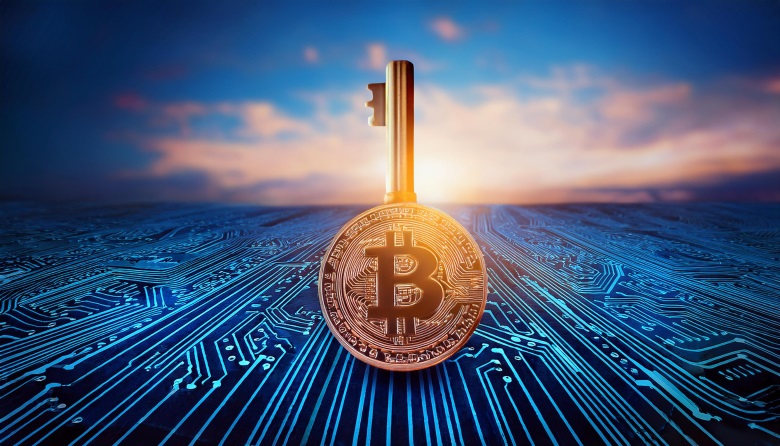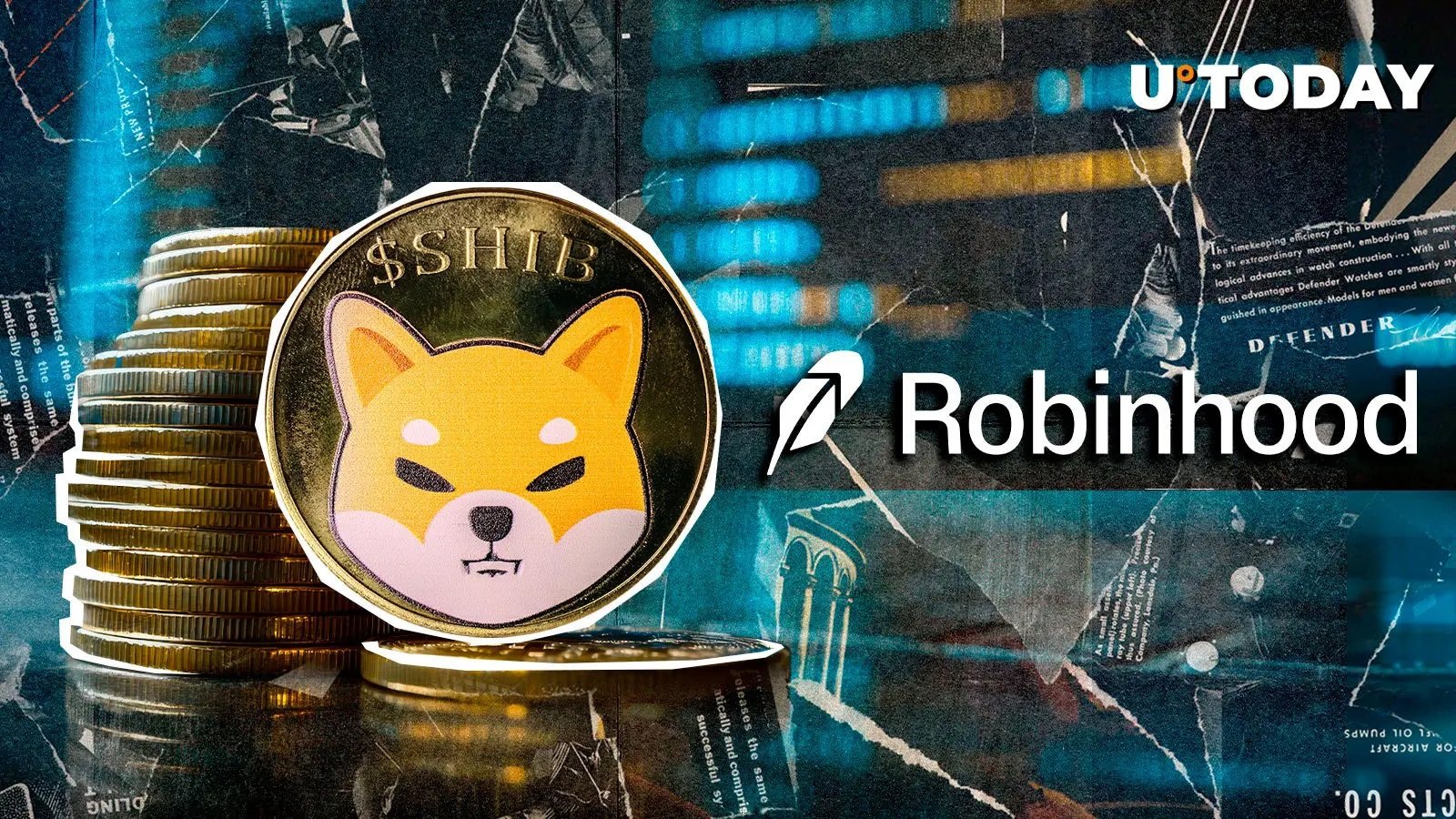
The adage “Not your keys, not your coins” is gaining renewed relevance as recent events highlight the risks of entrusting digital assets to centralized exchanges. In light of allegations that major crypto exchanges may have frozen accounts linked to Palestinian users at the request of governmental authorities, the importance of personal custody over digital assets has never been clearer. These developments underscore the vulnerability of relying on third-party platforms, particularly in politically sensitive regions like the MENA area, where financial transactions can become entangled in broader geopolitical conflicts.
Centralized Exchanges: Convenience vs. Control
Centralized exchanges have long been the backbone of cryptocurrency trading, offering ease of use, liquidity, and access to a wide range of assets. However, these conveniences come at a significant cost: the loss of control over your assets. When you store your cryptocurrencies on an exchange, you effectively cede ownership of your private keys to the platform. This means that the exchange, rather than you, holds the ultimate authority over your funds.
Recent allegations concerning Binance, one of the world’s largest cryptocurrency exchanges, have brought these issues to the forefront. Claims have surfaced that Binance froze the assets of certain Palestinian users following a request from the Israel Defense Forces (IDF). According to reports, a document purportedly from the Israeli government cited an administrative seizure order under the Law on Combating Terrorism, linking the frozen funds to organizations labeled as terrorist groups.
Binance’s CEO, Richard Teng, has refuted these claims, labeling them as “FUD” (fear, uncertainty, and doubt). He clarified that only a limited number of accounts linked to illicit activities were blocked and emphasized that Binance’s actions are part of routine compliance with international anti-money laundering (AML) regulations. This incident, whether fully substantiated or not, has sparked a broader discussion within the crypto community about the risks associated with centralized platforms and the potential consequences for users in politically charged environments.
The Case for Personal Custody
The concept of personal custody—where users hold their own private keys and therefore maintain full control over their assets—has always been central to the philosophy of cryptocurrency. This principle is particularly crucial for users in regions where political instability or economic sanctions can lead to sudden and arbitrary restrictions on financial transactions.
In the case of the recent allegations against Binance, OKX, and Crypto.com, whether or not the exchanges acted at the behest of external authorities, the situation highlights the inherent risks of centralized custody. Users whose accounts were frozen or seized may have little to no recourse, emphasizing the need for individuals to maintain direct control over their assets to avoid such scenarios.
Personal custody of digital assets also offers protection against other risks associated with centralized exchanges, such as hacking, fraud, or insolvency. Over the years, several high-profile exchanges have collapsed or suffered significant security breaches, leading to substantial losses for their users. By managing their private keys, users can safeguard their assets from these risks and ensure that they retain full control over their financial resources.
The Complicated Landscape of Compliance
While the importance of personal custody cannot be overstated, it’s also essential to acknowledge the complex regulatory environment in which exchanges operate. Like it or not, exchanges must comply with international compliance standards and respond to official requests from governments. This reality is especially challenging in politically sensitive cases, such as that of the Palestinian users, where national boundaries and allegiances are deeply contested.
The Palestinian situation is particularly complicated, as the users involved are often caught between conflicting jurisdictions—not fully within Palestinian or Israeli territory—making the situation even more precarious. Exchanges, in this context, find themselves in a difficult position, trying to navigate international law while avoiding involvement in geopolitical conflicts. They are not meant to take sides but are obligated to comply with legal mandates, even when these mandates originate from contentious sources.
Best Practices for Secure Digital Asset Custody
For those who recognize the importance of personal custody, using a hardware wallet is essential. These devices store private keys offline, providing robust protection against online threats. Hardware wallets are widely regarded as one of the most secure methods for managing cryptocurrencies.
Users should ensure that private keys and recovery phrases are backed up in multiple secure locations. This precaution is vital for recovering assets in the event of device failure or loss.
In Short: Hold it Yourself
The recent controversies surrounding account freezes on major exchanges like Binance serve as a powerful reminder of the importance of personal custody in the digital asset space. While centralized exchanges offer convenience, they also expose users to significant risks, particularly in regions where financial activities are closely monitored or restricted by governments.
As scrutiny of digital assets intensifies, especially concerning their potential use in financing activities deemed threats to national security, the principle of “Not your keys, not your coins” becomes increasingly vital. By taking control of their private keys, users can protect their assets from external pressures and ensure that their financial autonomy remains intact, regardless of geopolitical developments.
In the end, the best way to secure your digital wealth is to hold it yourself, beyond the reach of any centralized authority. However, it is also crucial to understand that exchanges must operate within a framework of international law and compliance, making them vulnerable to governmental pressures. This dual reality highlights the ongoing tension between the ideals of decentralization and the practicalities of global financial regulation.








